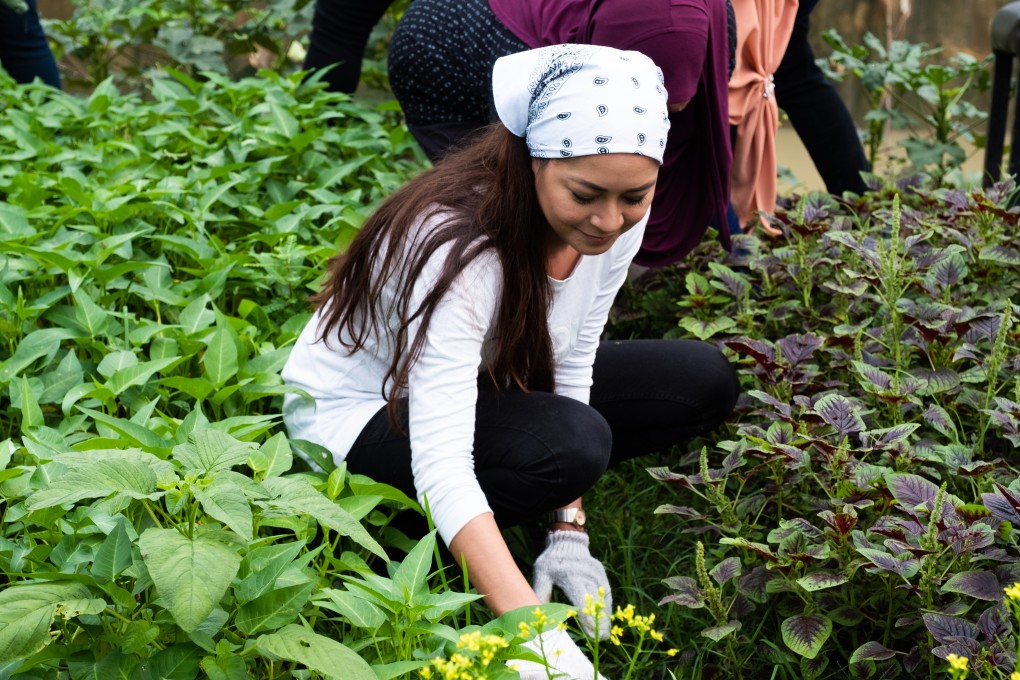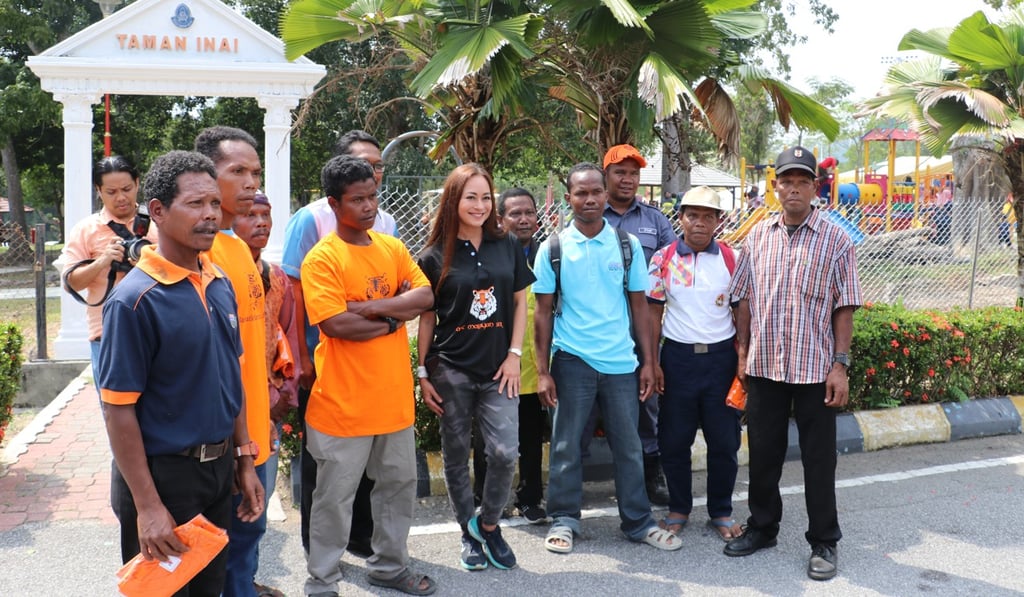Ceritalah | Meet Maya Karin, the Malaysian actress transformed from ‘Scream Queen’ to ‘Green Queen’
- Earlier this month, she spontaneously posted a tweet imploring Indonesian President Joko Widodo to intervene to address the toxic haze. It went viral
- Celebrity activism invites cynicism. However, in Malaysia and Indonesia, high-profile voices are needed to increase awareness and shape debate

Last week, 16-year-old activist Greta Thunberg inspired millions of young people to gather in cities around the world to protest against apathy and inaction in the face of climate change.
The response in Southeast Asia, however, was tepid at best: demonstrators in Jakarta and Kuala Lumpur numbered in the hundreds, even as Indonesia and Malaysia endure suffocating smoke from forest fires.
Given the scale of the disruption – an assault on biodiversity as well as people’s general health – where is the public anger and outrage? Indeed, who should be blamed? Governments, the all-powerful palm oil corporations or the smallholders and farmers?
Environmental awareness in the region remains limited. However, a handful of individuals are doing their best to change the situation and actress Maya Karin – the half-German, half-Malay “Scream Queen” turned “Green Queen” – has emerged as one of the most prominent and committed advocates.
“I’ve always been a person that just goes with the flow,” she says. “My career has never been planned. I never had any ambitions or particular aims to be a celebrity.”
Earlier this month, she spontaneously posted a tweet imploring Indonesian President Joko Widodo to intervene to address the toxic haze, asking “shall we let greed prevail?” Her message went viral.

Much of her activism has followed the same trajectory. The #MayaKarinChallenge impels people to submerge themselves in water to draw attention to the purity of Malaysian streams and rivers. The social media challenge was born of her taking a selfie while lying in a river on a trip back from the Belum rainforest in Perak, which was shared with her 1.4 million Twitter followers and 950,000 fans on Instagram.
